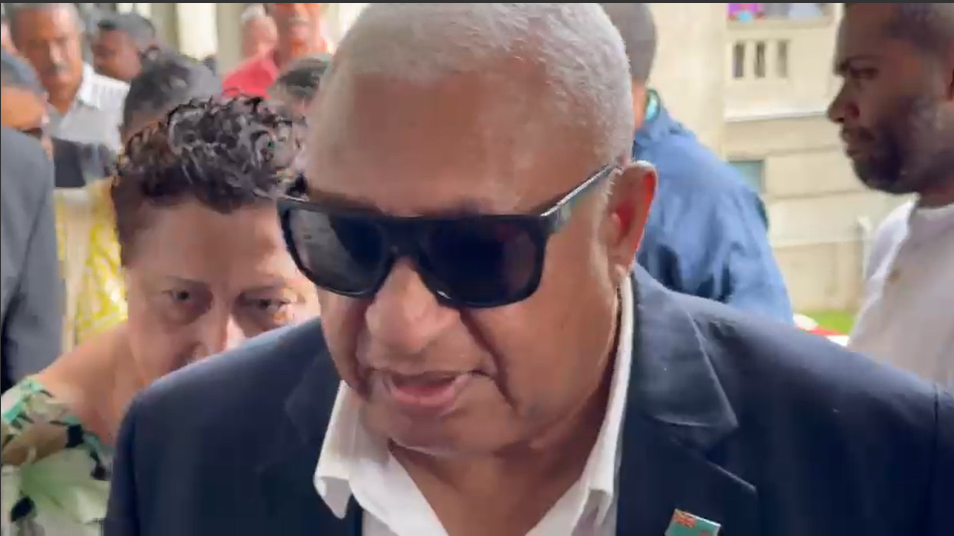In a ruling that drew a clear line between types of corruption, the Suva High Court yesterday said former Prime Minister Frank Bainimarama’s actions were starkly different from typical graft cases because they involved no personal financial gain.
Justice Thusara Rajasinghe suspended a custodial sentence, noting that the core nature of the offence was not for self-enrichment, a factor that critically distinguished it from other precedents where officials siphoned public funds.
“Although your conduct amounted to abuse of authority in this case, it did not involve any fraudulent element aimed at obtaining a monetary or material advantage or causing financial or material loss to the State,” Justice Rajasinghe stated.
“Therefore, the circumstances of your offending are distinguishable from those of previous sentencing precedents.”
This distinction formed the foundational argument for the court’s leniency. The judge acknowledged that while the former PM’s intervention in a police investigation was unlawful, it occurred in a context of seeking justice for a citizen, rather than for illicit profit.
“As Prime Minister, you had a duty of political accountability, ensuring that public power is exercised lawfully, responsibly, and in the best interest of the public,” Justice Rajasinghe said.
“In this case, you breached the latter to safeguard the former.”
The court considered several other mitigating factors, including the 71-year-old convict’s worsening health and the automatic eight-year disqualification from Parliament he now faces, which the judge said “reduces the likelihood of reoffending.”



